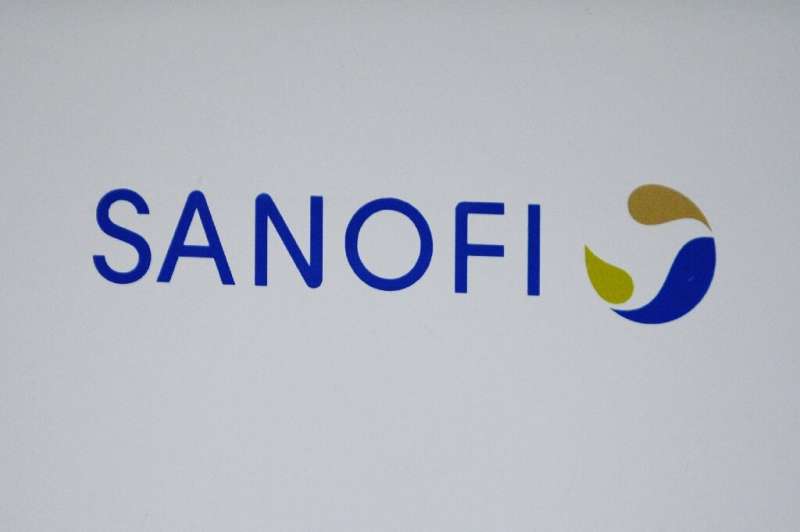Class action against Sanofi wins French court backing

A French court on Wednesday allowed a class-action lawsuit to go ahead against pharmaceutical giant Sanofi by families of victims of Depakine, an epilepsy drug that can severely damage foetal development.
Depakine, a valproic acid drug sold since 1967 sometimes under different brand names, marked great progress in the treatment of epilepsy, and of manic phases for bipolar patients.
But valproic acid is also believed to have caused malformations for between 2,150 and 4,100 children since it was launched in 1967, and neuro-development problems for between 16,600 and 30,400 children, according to French health authorities.
A class action initiated in 2017 by the Apesac association alleged that Sanofi did not inform patients early enough about the risks of birth defects and slowed development in children whose mothers were prescribed the drug during pregnancy.
In Wednesday's verdict the court ruled that the lawsuit was "valid" and could proceed, saying Sanofi "was at fault because it failed to meet the obligation for vigilance and the obligation to inform" concerning the risks of Depakine for the foetus.
Sanofi said in a statement that it had always been "transparent by alerting the health authorities", and that it would appeal the verdict.
With the ruling the court opened the door to France's first class-action suit in the health sector, following a 2016 change in the law which previously allowed such action only against consumer goods companies.
Sanofi had "produced and marketed a defective product", it said.
Based on medical knowledge at the time, Sanofi should have warned patients about congenital malformations from 1998 onwards and about neuro-developmental issues—which were less well understood previously—from 2001.
Sanofi only started issuing such warnings clearly in 2006, advising doctors not to prescribe Depakine to female patients, except those unable to get pregnant or with an intolerance or non-reaction to all alternative treatments.
A lawyer for the Apesac association, Charles Joseph-Oudin, told AFP that the court's verdict brought "great relief" to the families because it "recognises that Sanofi was at fault".
The court ordered the launch of a wide-ranging campaign to inform patients and their children of the possibility of joining the class action within five years.
Last year, an administrative court, which deals with wrongdoing by officials, ruled that the French state carried some responsibility in the scandal—along with Sanofi and prescribing doctors—and ordered the authorities to pay damages to several families with severely handicapped children.
Sanofi and France's medicines safety agency ANSM were charged with involuntary manslaughter in 2020.
© 2022 AFP














